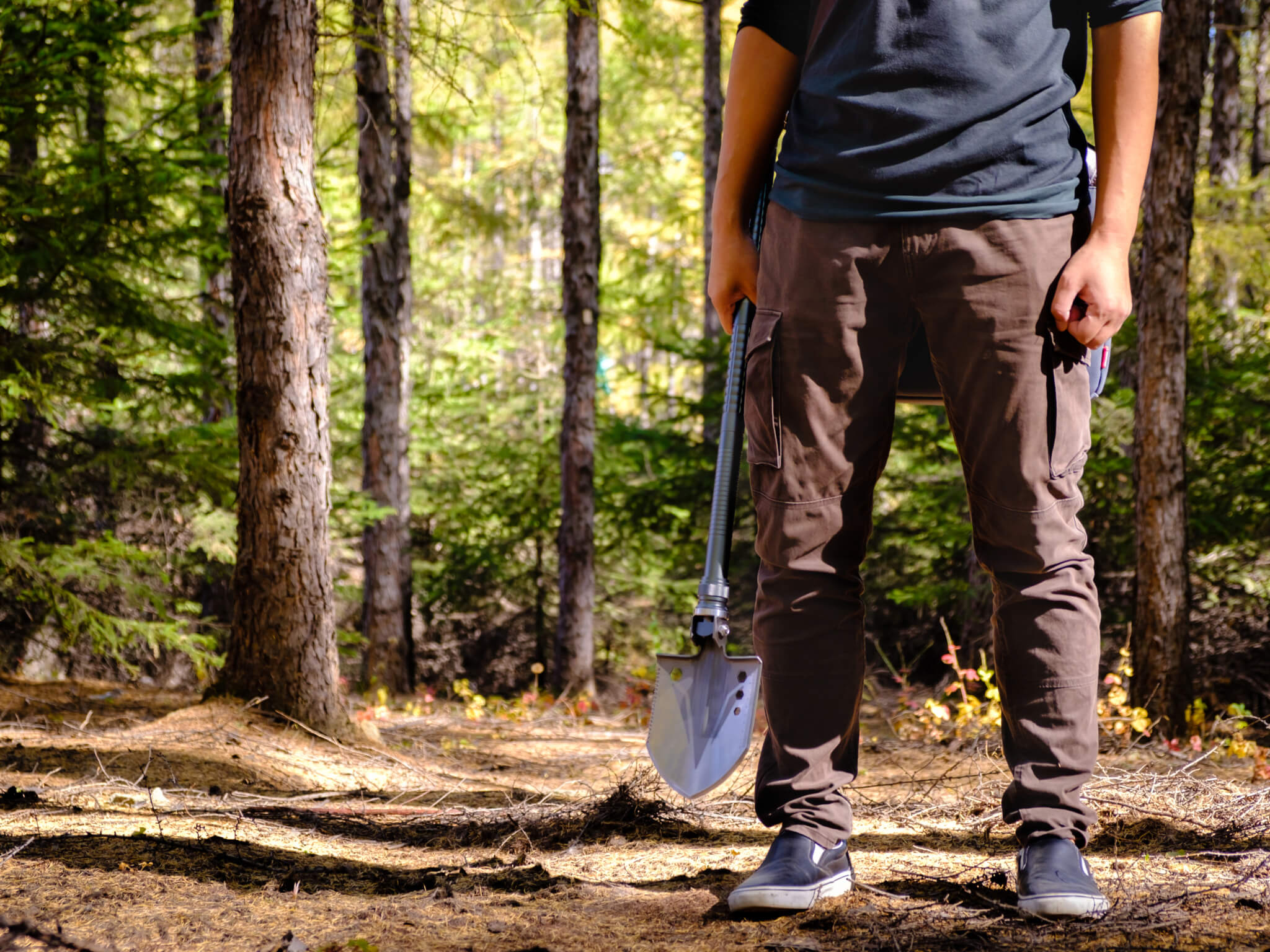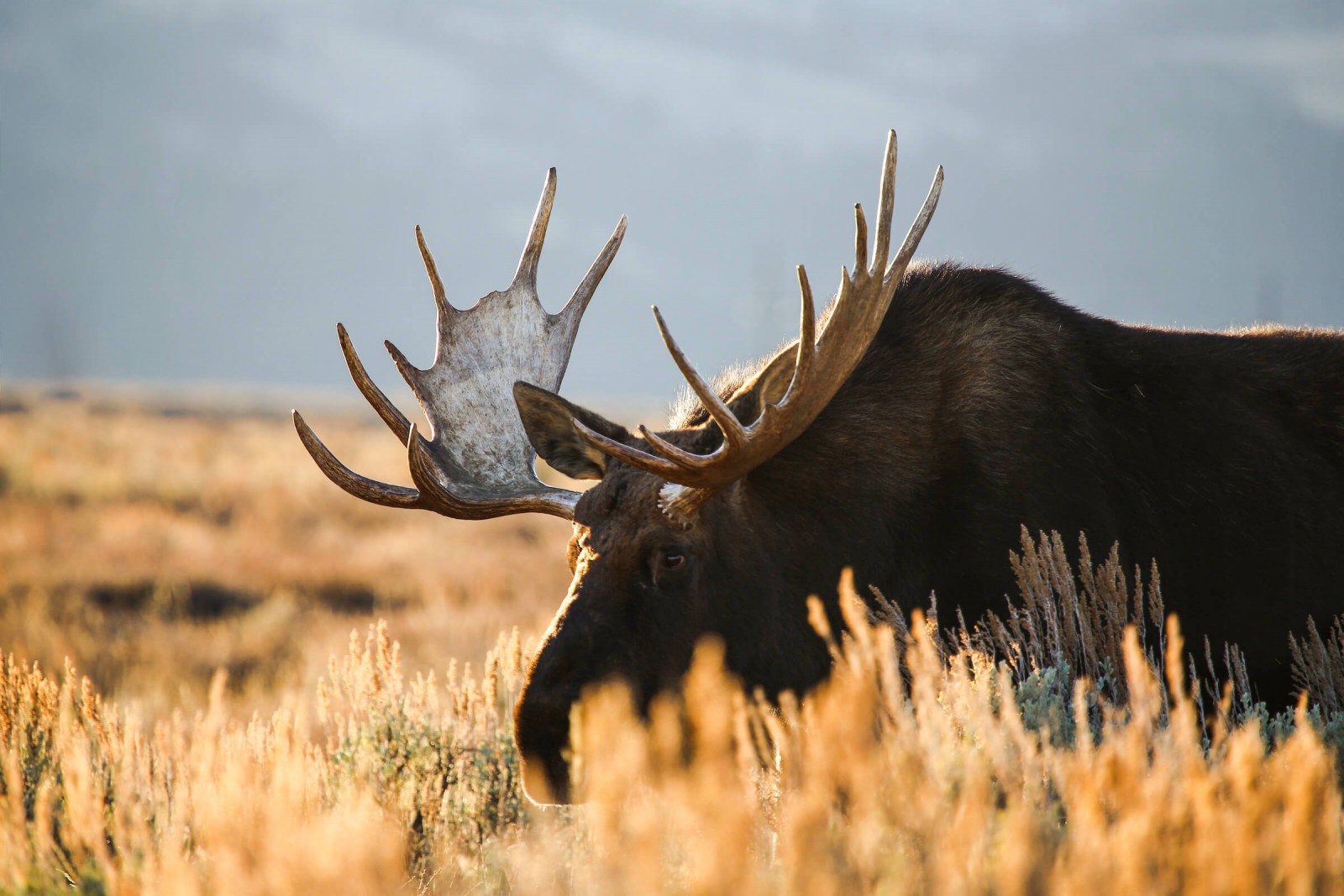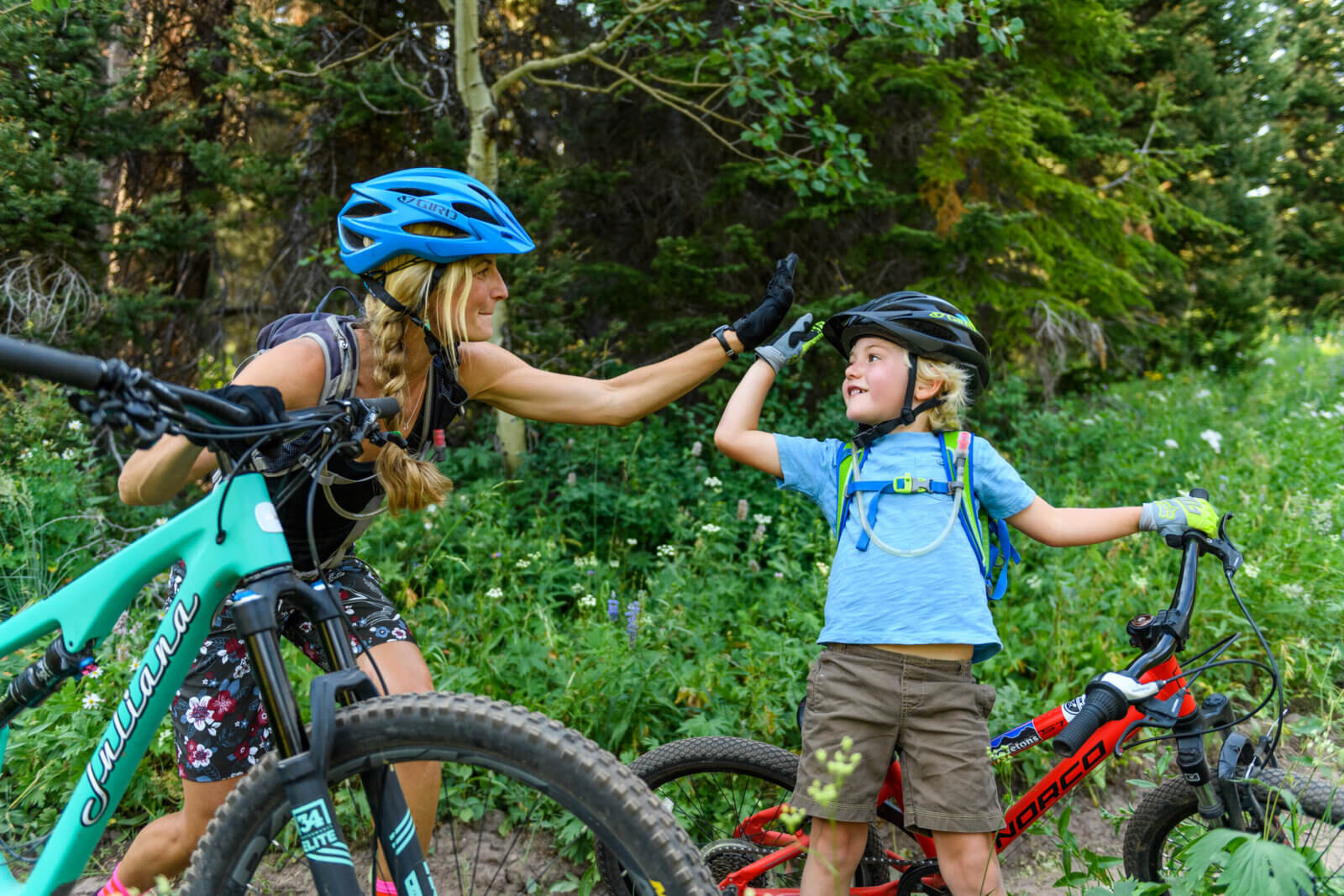There’s No Space For Waste

Leave our wild spaces better than you found them.
Jackson Hole has miles and miles of land ready to explore, but travelers should make sure they’re ready for the wilderness too.
Whether you’re hitting the trail, backcountry camping or just gazing out at the land, make sure you’ve leaving the area better than you found it.
Plan for proper poop disposal
Whether you are on a short day hike or multi-day backpacking trip, make sure you and your group are prepared when nature calls. Proper disposal of human waste not only ensures the campsite is more pleasant for others to use, but also helps avoid water pollution and the spreading of disease to other critters.
Instead of burying your waste, which can lead to contamination of the soil and natural environments around us, it should be packed out with you. There are many different sanitary ways to pack out waste. Visitor centers and land management agencies can inform you of the specific rules and options for any place you plan to visit, so do your homework.
Teton mountain guides recommend WAG bags, WAG being short for Waste Alleviation and Gelling. The bags are an easy option for packing out your waste, and they never break. There are also several low-cost, portable toilet systems that are readily available and can be an easier option for people traveling with children. If you are using any feminine products, pack them out as well. WAG bags are available at Yellowstone and GTNP backcountry ranger stations when you pick up your permit.
For an in-depth and entertaining discussion on the subject, check out Jackson Hole local Molly Absalon’s How Do You Know-What in the Woods.
Pack it in, pack it out
Anyone visiting our parks is responsible for their waste. Try planning for low-waste, low-maintenance meals and bring reusable materials as much as possible.
Overlooked, forgotten trash becomes litter. Even when it’s small, litter can still be harmful to our local wildlife and have negative effects on the land. Make sure to pack plastic bags to carry out any trash you might have. These are easy to string to your pack and dispose of properly when you head home.
Water can be wasteful, too
Wastewater is common at campsites and on the trail. Stay 200 feet away from water sources when you need to wash yourself, your dishes or any equipment. Strain any dirty water before you scatter it to ensure all food is properly managed.
Use hand sanitizer when possible. This allows you to clean your hands without worrying about wastewater.
Leave no trace
Leaving no trace is part of Grand Teton National Parks’ commitment to the wilderness. With a little extra planning, you and your group will be waste disposal professionals. There’s no space for waste on these sacred lands.

